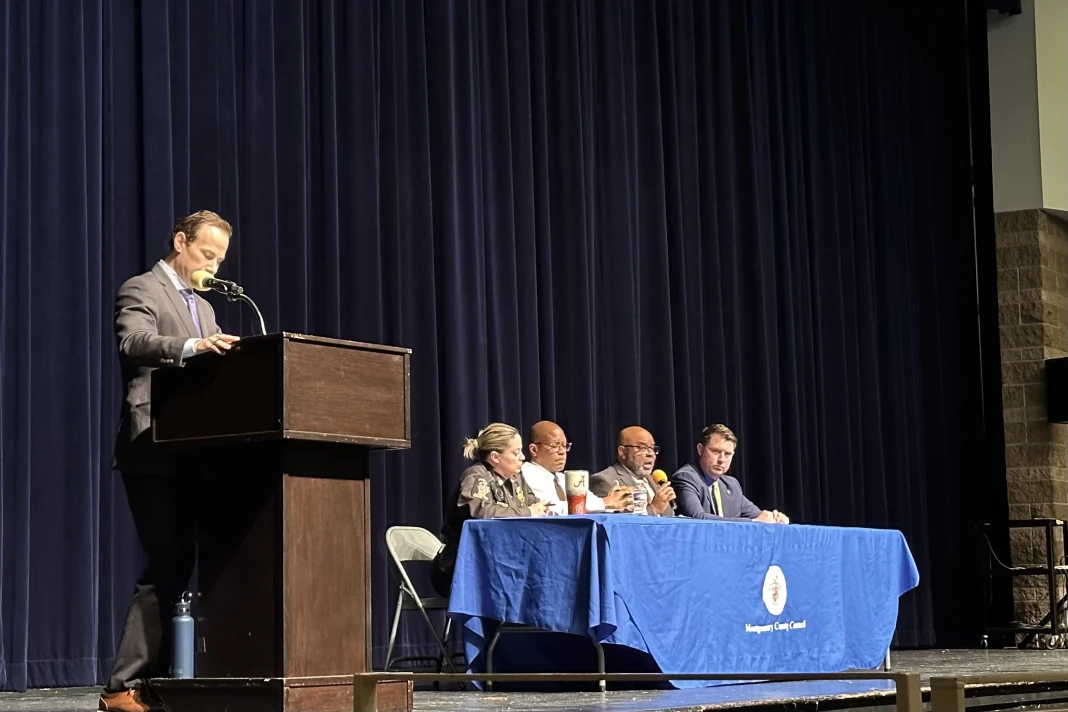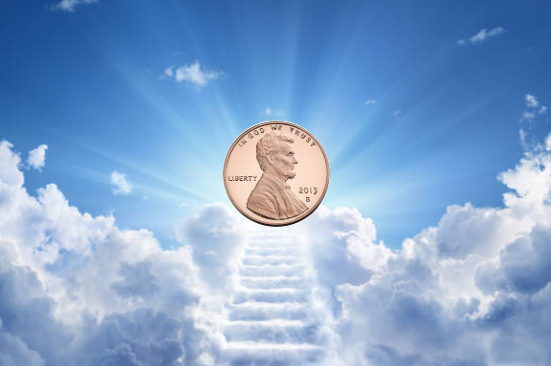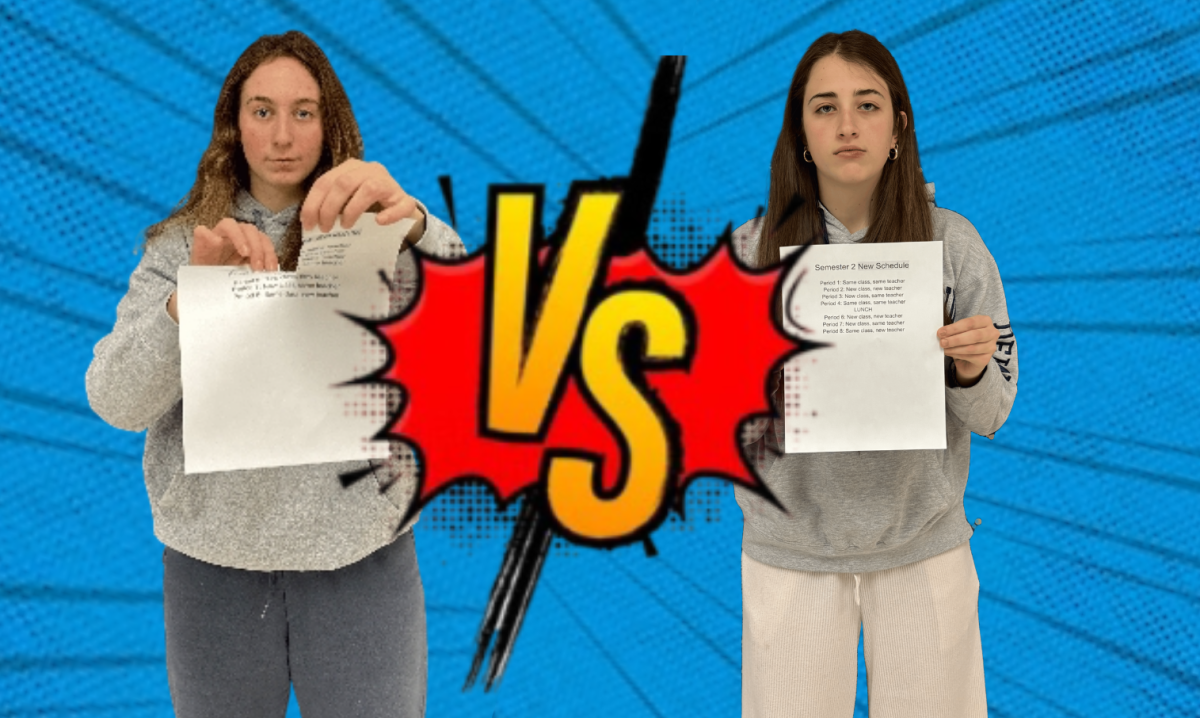Last month, the Observer recieved a copy of an old CHS newspaper dated April 1968 from an alumnus who graduated from CHS in 1968, Phil Jehle. We have reprinted below an editorial written by a CHS U.S. History teacher the day that Dr. Martin Luther King Jr. was shot and killed, April 4, 1968. In light of Black History Month and of the violent political action against Gabrielle Giffords, we ask our readers to read this article and reflect upon how far we have come since that fateful day, and how far we have yet to go.
The Honorable Daniel B. Brewster
United States Senate
Washington, D.C.
Sir:
As a Caucasian veteran of World War II and Korea and as a teacher of United States History at Winston Churchill high School in Montgomery County, Maryland, the assassination of Martin Luther King last night left me deeply disturbed about the future of this nation. I have had a rather empty feeling this morning and a fear that my sacrifices in World War II in the struggle against an anti-human movement have become somewhat meaningless in view of the spirit of ethnic hate, deprivation, distrust and conflict that prevails in this country today and that in my teaching I am pursuing a hope, a dream, that is becoming a lie.
It is my belief and my hope that the majority of white Americans feel that justice must be done now with respect to those among us who are “black” but we have allowed the situation to drift toward near-chaos through a lack of sufficient understanding and a dose of selfish neglect. If we are to survive as a society, we, “white” Americans, must recognize the racist cancer in ourselves and lay greater stress on our too often overt commitment to freedom and justice for all. For that reason I urge you to support the passage of a truly meaningful civil rights bill, now. Secondly, legislation should be passed before the end of the current Congressional session to deal more effectively with “black” education, employment opportunities and both urban and rural living conditions. Some of these programs will cost money; I feel that we must pay it. If we can not commit ourselves to such a program and to the war in Viet Nam and to the space race at the same time, it is time we re-assessed our values. Military victory alone in Viet Nam is meaningless, and it would only be that if we suffered a failure of democratic values at home; and our exploration of space would become a sacrilege if we carried along with us the seeds of genocide.
There may be some among us who see an easy solution to the riots in blindly and violently striking back at all Negroes because we fear for the security of our persons and our property. It is my belief that in doing so we would risk the destruction of the manner of living we have evolved in America. Our material wealth is the visible evidence of the “good life” we have developed, but this “good life” of ours has only been made possible by our manner of living – in this lies the true significance of our society. Order must be restored, but justice and the preservation of order require more than blind reaction. All violence is perpetrated by individuals and groups alienated from society; we do not eliminate alienation and solve the problem by limiting our actions to methods guaranteed to continue alienation. Real security for all can come only when all of us have a stake in society. The vast majority of Negroes have never been given the opportunity to seek that stake; indeed I belief that is all they ask – just an equal opportunity.
I realize that the real solution does not lie in the passage of legislation or in the commitment of monetary resources, but, perhaps, if we can make this visible commitment now; we can gain the time to search our hearts and make the individual moral transformations that will make a lasting solution possible. In a few minutes I must meet the next generation of my United States History class. They may be confused, doubting and fearful; and I am not quite certain, even now, of what I can say; but, perhaps, together we can find a way for our society to move forward in the spirit of Abraham Lincoln, the Declaration of Independence and the Sermon on the Mount.
Very truly yours,
David N. Pickerell







